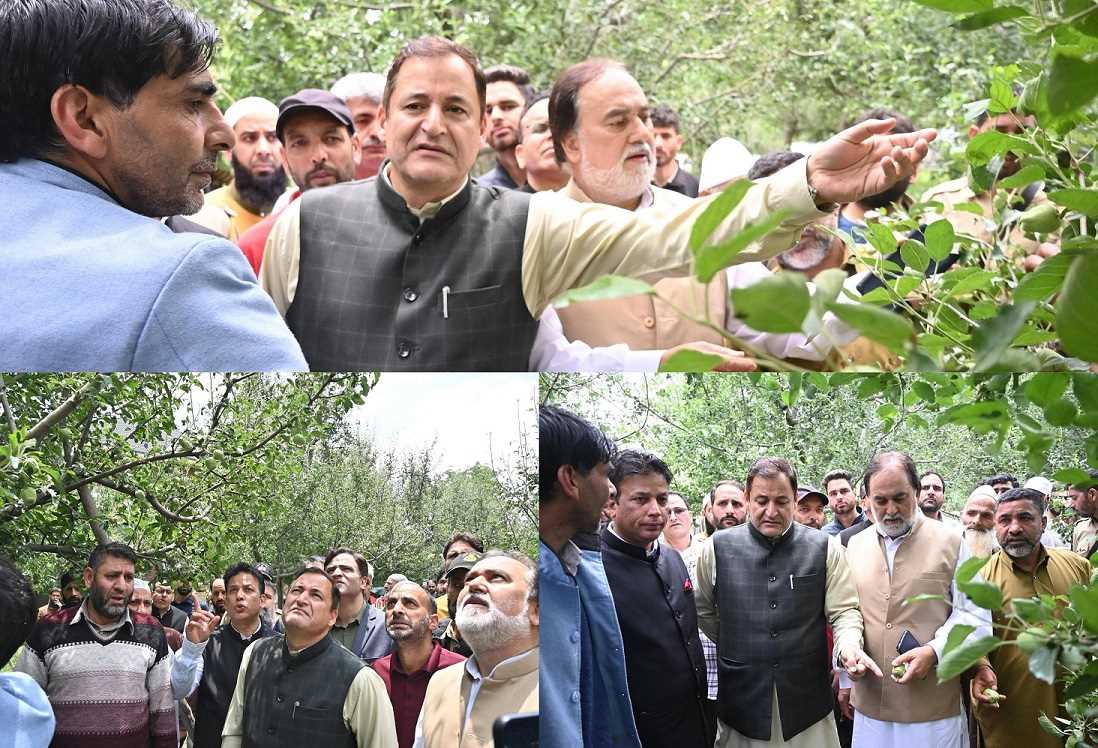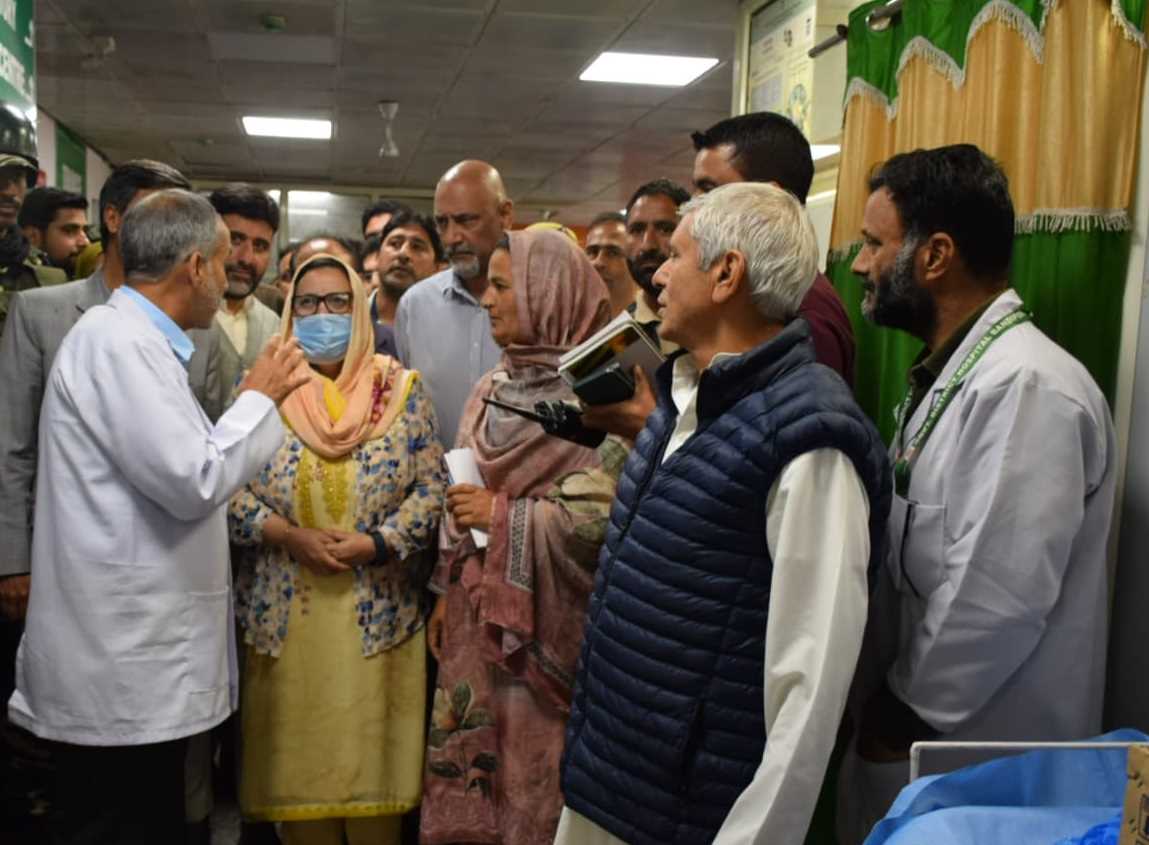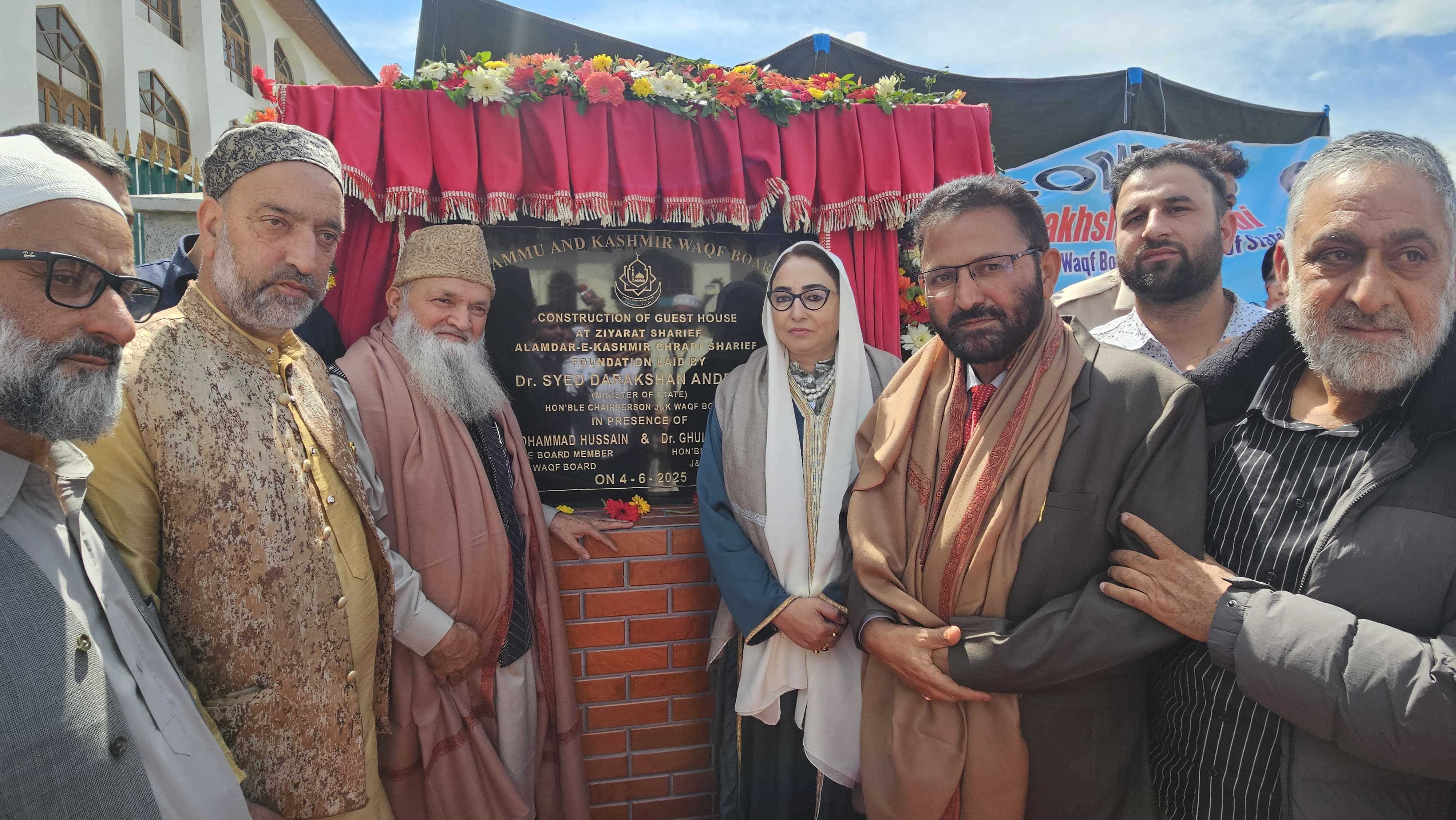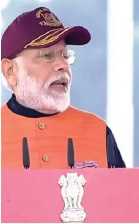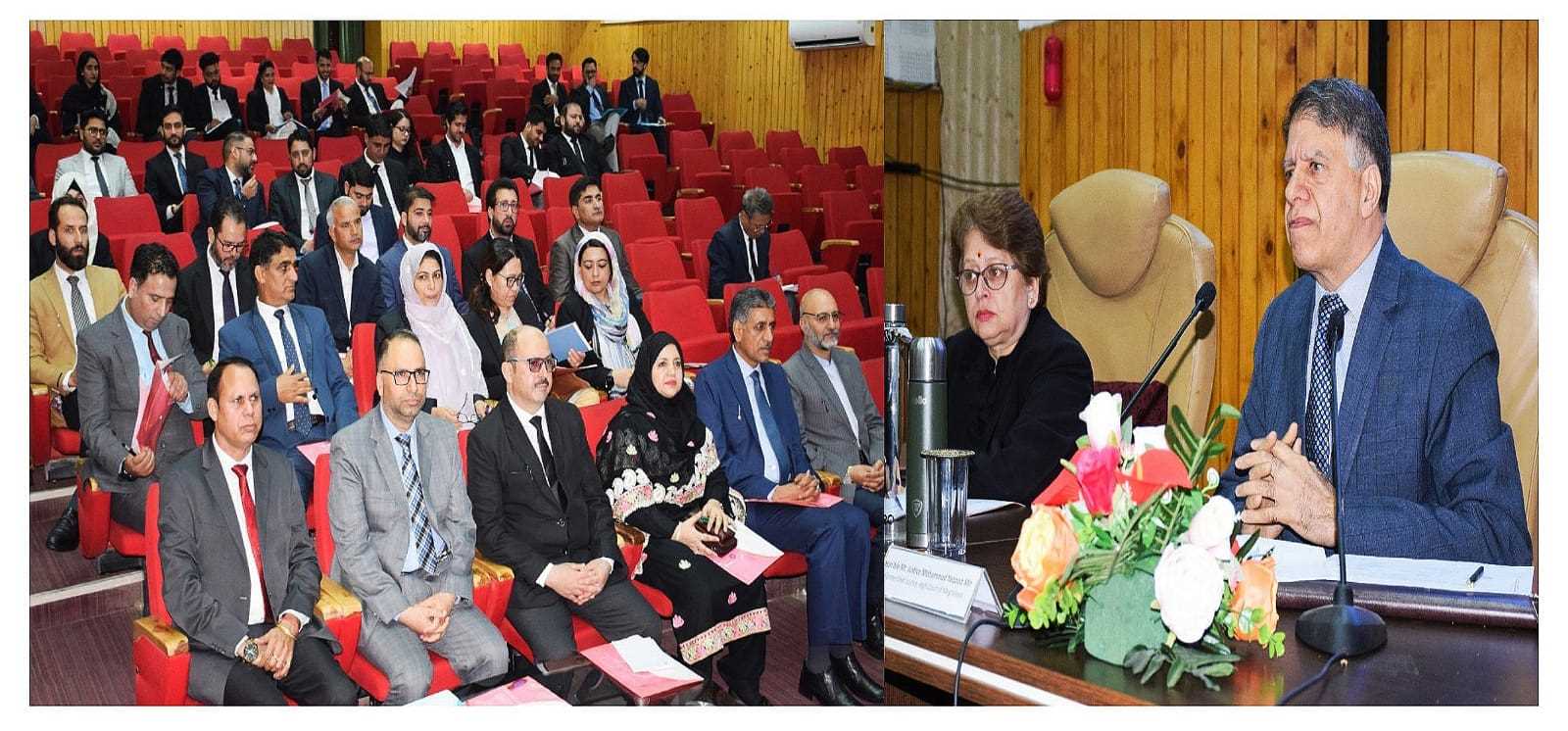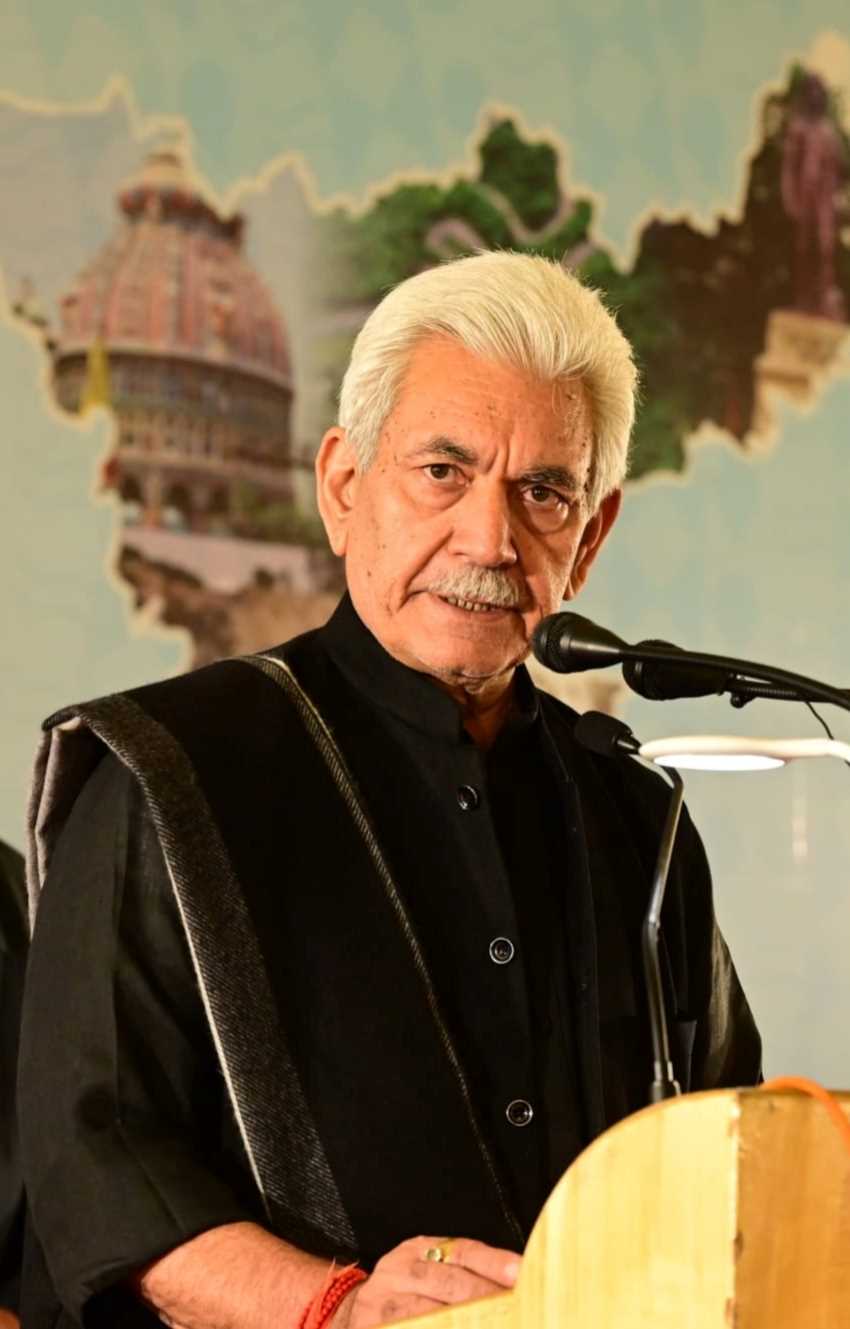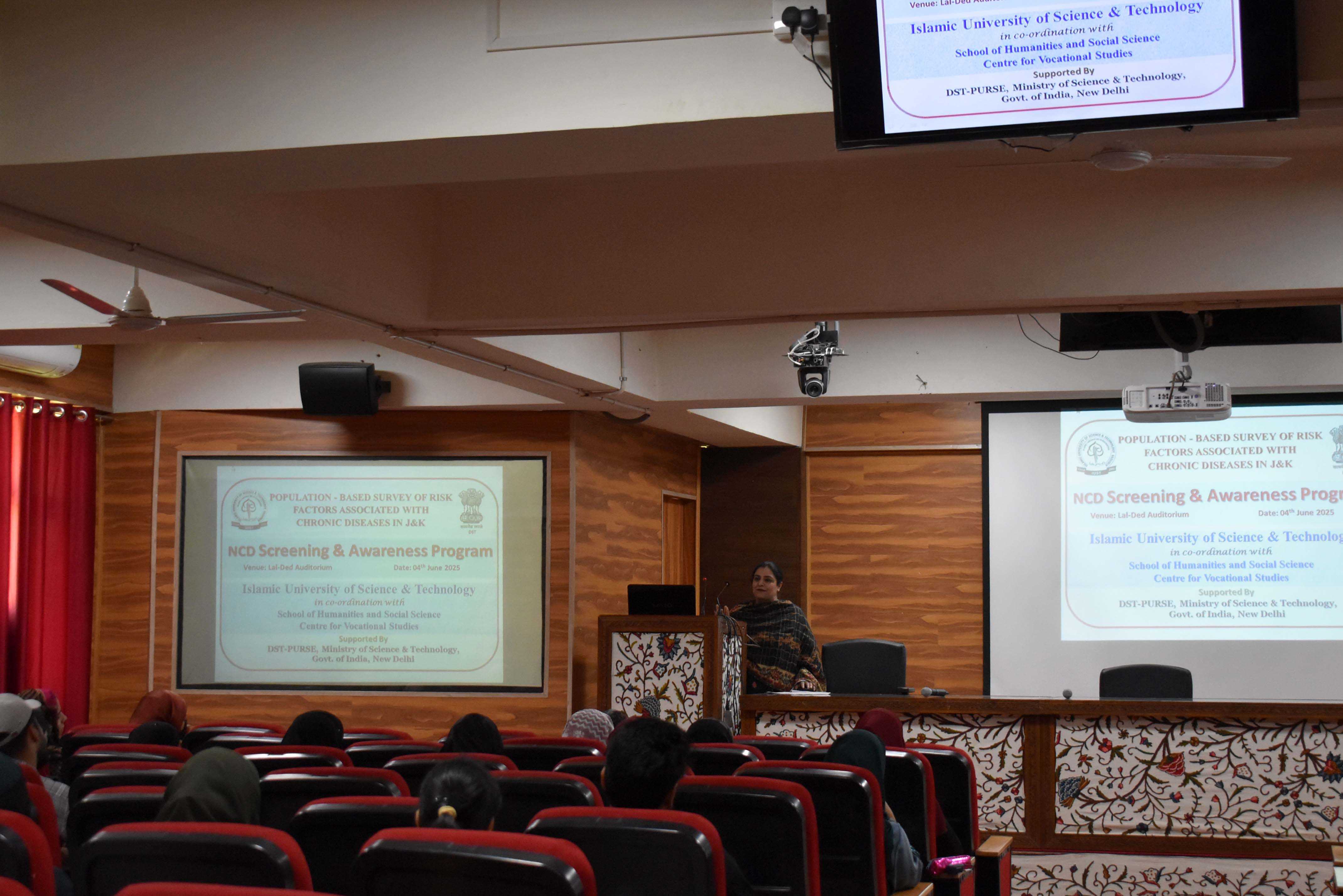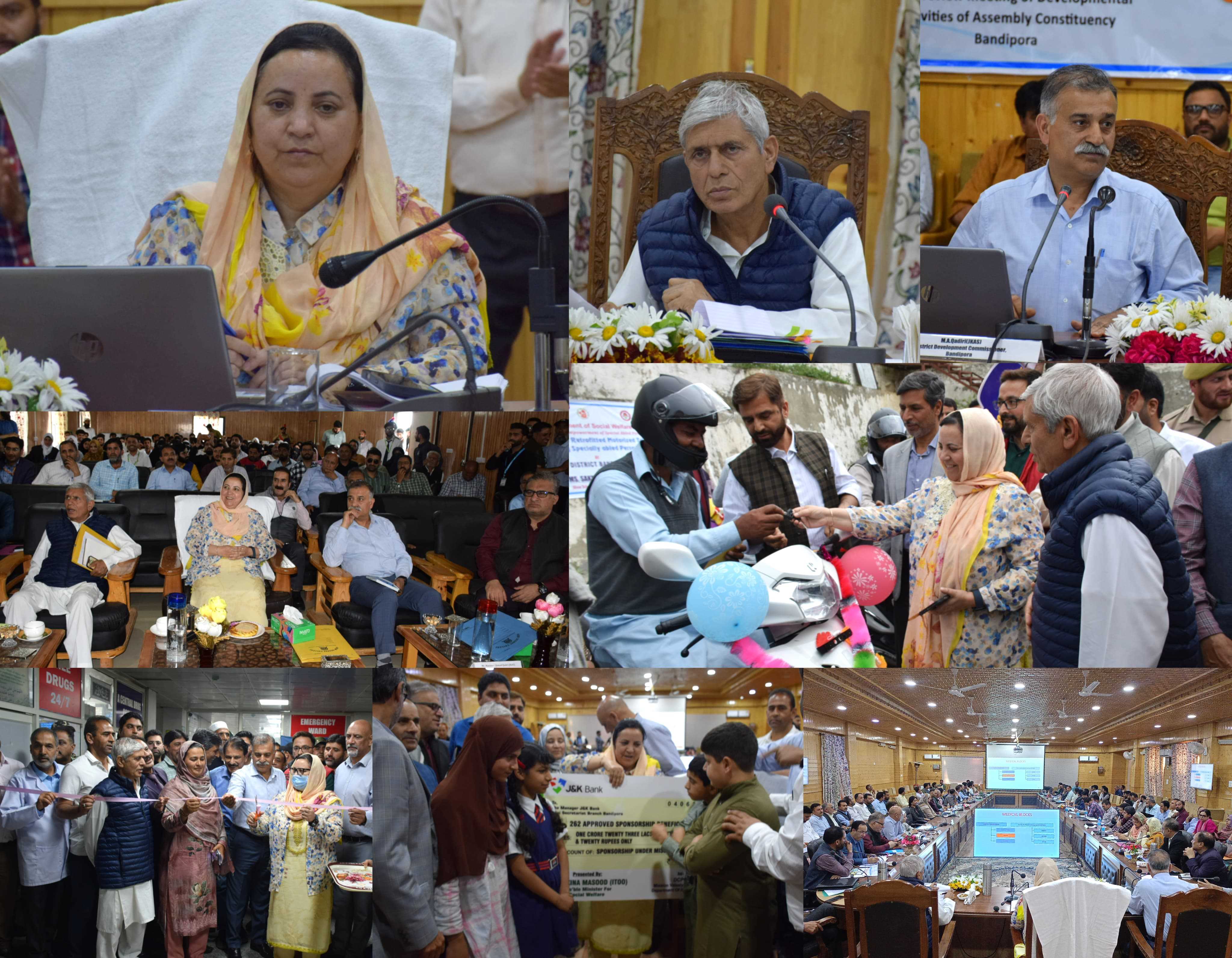The Jammu and Kashmir Public Service Commission (JKPSC) Civil Services Examination (CSE) is a beacon of hope for thousands of aspirants seeking to contribute to public administration. However, its disorganized functioning and lack of accountability have plunged countless candidates into despair, costing them valuable time, opportunities, and a fair shot at realizing their dreams. Compared to the disciplined and transparent framework of the Union Public Service Commission (UPSC), JKPSC's inefficiencies and repeated failures to meet expectations highlight a pressing need for systemic reforms.
UPSC vs.JKPSC
The UPSC, the benchmark in competitive examinations in India, maintains a defined model by publishing the calendar for the year in advance and following a strict schedule. Such reproducibility does indeed enable candidates to be very specific with respect to the time points for their preparation phases, and thereby make sure that they are able to properly coordinate the demands of both prelims and mains.
Conversely, the inconsistent timetable of the JKPSC has been one of the major sources of agony to prospective students. For example, the JKPSC CSE Prelims 2023 that took place on October 23, fell in the overlap of the critical mains preparation of UPSC candidates. Those preparing for UPSC CSE in May or June lost precious time, forced to divert their focus to JKPSC’s prelims. This disarray did not end there. The JKPSC mains, which ran from March to April 2024, not only about to exhaust the aspirants with meager time to gear up for UPSC CSE Prelims 2024 which is undoubtedly a highly competitive exam.
Give Preference to JKPSC over UPSC or Vice Versa
Many candidates have been left disheartened, with some missing the UPSC prelims entirely or failing to qualify due to inadequate preparation time. The lack of synchronization and foresight in JKPSC’s scheduling has effectively cost aspirants not just a year but also one precious attempt in a career-defining examination.
An Alarming Trend in Question Setting
The second glaring issue lies in the quality and relevance of questions asked in JKPSC’s CSE. Prelims questions for exams are laden with nonspecific and irrelevant questions, providing little value in answering questions from the static parts of syllabus, which candidates study for months. Although the problem is not unique to JKPSC, it is very evident here, revealing a deficiency in a consistent approach to formulating the examination papers.
A Closer Look at JKPSC Mains 2023 Further Concerns
The weightage of subjects across General Studies papers displayed a troubling lack of balance and coherence:
GS 1: Despite society being a critical part of the syllabus, no questions were asked from this section, undermining its importance and candidates’ preparation efforts.
GS 2: A disproportionate 120 marks out of 250 were allocated to International Relations, heavily favoring students with Political Science and International Relations (PSIR) backgrounds, while polity and governance—core sections with a vast syllabus—were limited to just 100 marks.
GS 3: Internal Security, a vital and expansive topic, received scant attention, despite its significance in the context of Jammu and Kashmir’s unique geopolitical challenges.
These discrepancies indicate a lack of responsibility and an fragmented approach to paper-setting. Not only it is a work of bias, it also damages the confidence of aspirants towards the whole examination process as well as the system it represents.
The Cost of Negligence
The ripple effects of JKPSC’s inefficiencies are profound. Candidates devote years of their personal and occupational time to preparation for conviction tests. However, blame (either on the commission's failure to stick to schedules, or on the commission's failure to design fair and impartial question papers) has caused the commission to grow cynical. Uncertainty leads candidates to a never-ending state of flux and makes it extremely difficult to plan strategically.
In addition, the commission's failure to hold exams on schedule ripples through the system, cascading into recruitment cycles that are delayed and for which the administration is deprived of new personnel. In a zone such as Jammu and Kashmir, where administrations are challenged in such ways, such ineptness is worst.
The Way Forward
So as to rebuild the credibility and bring about a fair, meritocratic system, the JKPSC should proceed with progressive reform orientation:.
Strict Adherence to Timelines
Similarly, the JKPSC, rather than just issuing a calendar of annual calendar yearly long in advance, should follow the annual calendar strictly. This will allow aspirants to plan their preparation efficiently.
Transparent and Balanced Question Papers
Paper-setters should be made responsible to see to it that questions pertain to the set syllabus and all sections have an equitable weighting. Independent review committees could help achieve this.
Aspirant-Centric Approach
The board of commission shall interact with applicants, taking into account their feedback and experience. Regular revisions, open dialogue lines, and workshops with specialists may overcome the lacuna between commission and candidates.
Capacity Building
Investing in better technology, training for officials, and an overhaul of administrative processes can make JKPSC more efficient and transparent.
Broader Consultative Role
There is a need to expand the advisory role of the UPSC in matters concerning the governance and administration reforms.
Conclusion
The JKPSC CSE is not just another test, but it is a gateway for young potential to serve the development and administration of the region. On the other hand, the current approach has destroyed its standing and crushed its potential in the commission which has now lasted for over five years. It is high time for JKPSC to rise to the occasion, prioritize accountability, and align its processes with national standards. Aspirants deserve a system that respects their time, effort, and aspirations—not one that repeatedly lets them down.
The future of Jammu and Kashmir depends on the talent and dedication of its youth. The onus lies on JKPSC to ensure that this talent is nurtured, not wasted. The time for reform is now.
Email:--------------------aamiraltaf16@gmail.com


